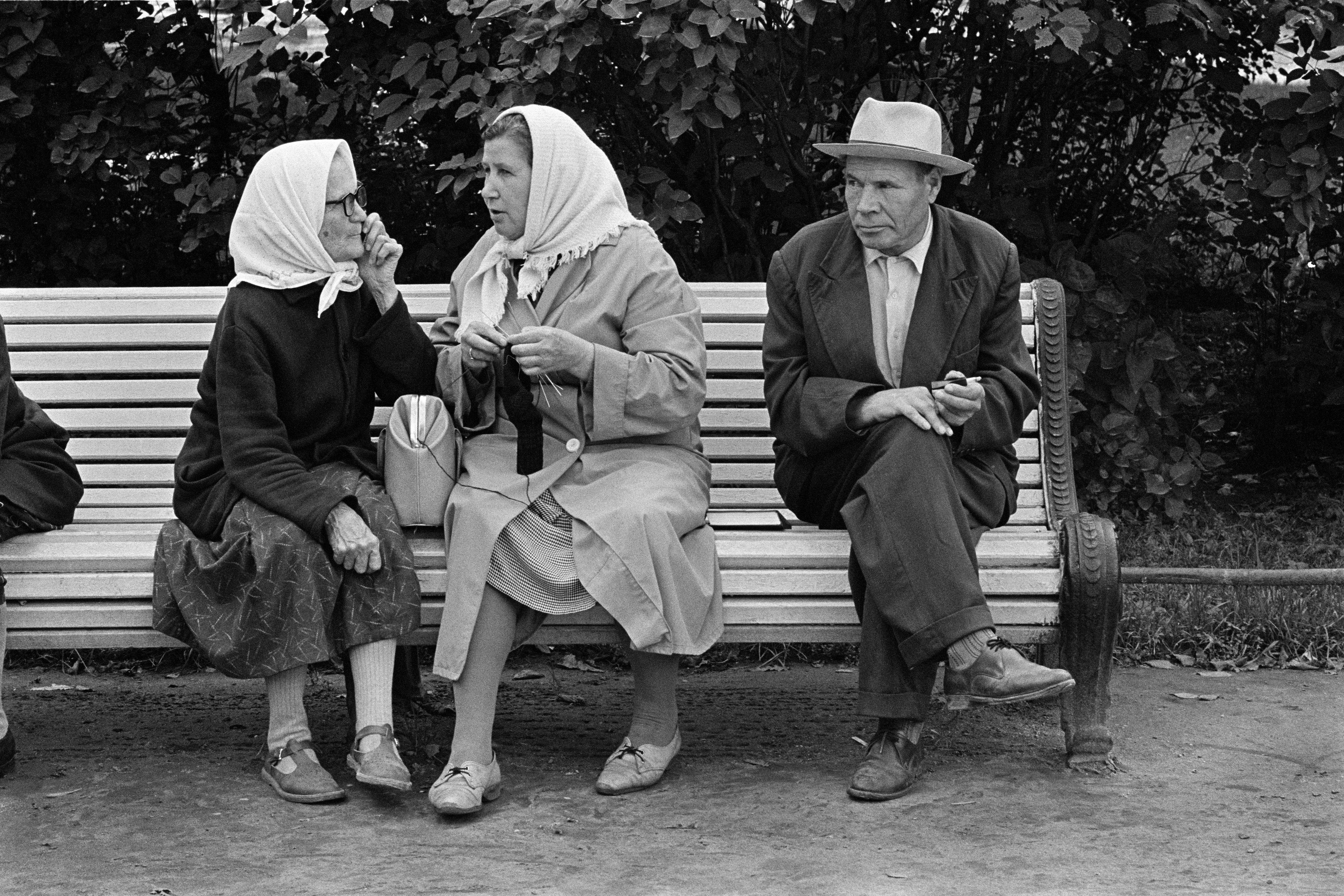A secret cabal of prominent Hollywood actors and Democratic political elites (so the story goes) keep young children hostage at various locations. They subject these poor children to satanic rituals, drink their blood, and abuse them sexually. Among each other, these evil cabal members use the codeword ‘Pizza’ to order new children and satisfy their perverse desires. These attention-grabbing (and false) allegations are associated with the QAnon movement – a cult-like, far-Right group that supports the former US president Donald Trump. QAnon is known for promulgating far-fetched conspiracy theories that accuse political adversaries of the most horrific crimes imaginable – typically without a shred of evidence.
As bizarre as such ideas might seem, the impact of the QAnon movement on society is undeniable. QAnon started in 2017 through the online postings of the mysterious person ‘Q’, who claimed to have access to classified government information. QAnon quickly became visible in the offline world. Initially, ‘Q’ signs started to appear regularly at Trump rallies. Later on, Marjorie Taylor Greene, a supporter of QAnon and its ridiculous allegations, was elected to the US House of Representatives. QAnon eventually spread around the world. I live in the Netherlands, and vocal supporters of the movement have recently surfaced here as well. The dangers of QAnon are evident: its adherents were among the rioters who stormed Capitol Hill on 6 January 2021.
What explains the appeal of such evidence-free conspiracy theories? Classic psychological explanations focus on negative emotions: when people feel anxious, out of control or uncertain, they become more susceptible to conspiracy narratives. Accordingly, conspiracy beliefs gain traction in societal crisis situations and are more common among groups that experience structural oppression. But new research suggests that it’s not just negative emotions that contribute to the appeal of conspiracy theories. People can also find conspiracy theories entertaining – and the more entertaining people find them, it seems, the more likely they are to believe in them.
Conspiracy theories actually have a lot in common with fictional stories such as scary movies or detective novels. Much like these works of fiction, conspiracy theories have a plotline that often includes a brave hero and a group of villains (eg, Trump fighting a conspiracy of satanic Democrats). There is a classic battle between good and evil, involving harmless victims (such as young children, the archetype of innocence) and perpetrators who lack a conscience and stop at nothing to pursue their twisted goals. Conspiracy theories therefore have great potential to trigger suspense. Many successful movies feature a powerful conspiracy. James Bond frequently fights a devious plot that threatens the world. Malevolent and mysterious conspiracies also appear in movies such as The Matrix (1999), The Net (1995), The Truman Show (1998) and many others.
It makes sense, then, that many people would find conspiracy theories entertaining: that is, interesting and exciting. The key to their entertaining qualities is probably not negative emotions, per se, but rather intense emotional experiences. Indeed, the common assumption that people always experience emotions such as anxiety as negative might be somewhat simplistic. Let’s again draw a comparison with scary movies. People often feel anxious when watching a scary movie, but that does not mean that watching it is an aversive experience. In fact, people pay money to see scary movies, and might leave the cinema disappointed if the movie does not frighten them enough. A plausible reason why people find such movies entertaining is because they elicit intense emotions. These emotions can distract from boredom and make people feel more alive. Likewise, conspiracy theories might elicit intense emotional experiences that involve anxiety, but also fascination and the sense that one is discovering something unique and truly important.
Why might the entertaining qualities of conspiracy theories promote belief in them? Part of the answer lies in a quality that psychologists refer to as fluency. Information that is interesting and attention-grabbing is easier to mentally process than information that is boring (such as realistic yet not particularly exciting information revealing that, on most days, politicians simply work on new legislation in their offices). Greater ease of processing, or fluency, has been found to promote truth judgments. This fluency heuristic likely exists because, in daily life, information that ‘feels right’ in this way is often true (eg, birds fly; fish swim). But the side-effect is that, when false information is easy to process, people more readily infer that the information is correct.
Additionally, the intense emotions triggered by conspiracy theories might suppress people’s capacity to think rationally about them. Emotions are part of a system within the human mind that produces snap judgments, while slower, more analytic thought is required for scepticism about conspiracy theories. The combination of fluency and suppression of rationality could promote the belief that there is truth in an entertaining conspiracy theory.
To investigate the role of entertainment in conspiracy-theory belief, I recently conducted a series of studies with my former students Joline Ligthart, Sabine Rosema and Yang Xu. In two of these studies, participants read an experimenter-designed blog post about either the fire at Notre-Dame cathedral in Paris or the death of the wealthy sex offender Jeffrey Epstein. Some participants read a blog post presenting the mainstream explanation of these events (ie, the Notre-Dame fire was a tragic accident; Epstein killed himself in his prison cell). Other participants, however, read a post that promoted a conspiracy theory (ie, Notre-Dame was set on fire deliberately; Epstein was murdered by powerful people). Participants then rated how entertaining they found the article, scoring the narrative on adjectives such as ‘entertaining’, ‘exciting’, ‘boring’, and ‘attention-grabbing’. They also indicated to what extent they believed the conspiracy theories surrounding these events.
Participants clearly tended to rate the blog post supporting the conspiracy theory as the more entertaining one. Their entertainment appraisals were associated more with the self-reported intensity of their emotional experiences than with the negativity or positivity of emotions. Importantly, the conspiracy post also elicited stronger conspiracy beliefs – and this effect seemed to be supported by the post’s entertaining qualities.
Another study suggested that people are more inclined to expect conspiracies to be at play in entertaining narratives. Participants read about an election in a fictitious country but, this time, the narrative did not contain references to possible conspiracies. Instead, some of the participants read a narrative with attention-grabbing, emotional content (eg, ‘Everyone holds their breath up until the very last minute, as it is extremely unpredictable and exciting who will win’) while the other participants read a narrative that was designed to be boring, using detached language (eg, ‘based on opinion polls it is difficult to ascertain what the outcome of the electoral process will be’). On average, participants who read the exciting text considered it more likely that the elections would be rigged than participants who read the boring text.
While some narratives are clearly more entertaining than others, it’s also the case that people differ in the extent to which they crave such entertainment – a difference that could matter for conspiracy-theory susceptibility. So, in a final set of studies, we examined the role of a personality trait called sensation-seeking, which refers to someone’s desire for novel and exciting experiences. As such, the more sensation-seeking people are, the more appealing they should find entertaining stories such as conspiracy theories. We found that sensation-seeking tendencies were indeed associated with increased conspiracy beliefs, both in the context of organisations (eg, beliefs that their managers conspire to harm employees) and more broadly (eg, the belief that the Moon landings were a hoax). It appears that conspiracy theories can provide some of the excitement that sensation-seekers desire.
The evidence that entertainment is a factor in conspiracy-theory belief has a number of implications. First, the spectacular plotlines of conspiracy theories likely contribute to their appeal and reduce people’s ability to distinguish fact from fiction. As it happens, some conspiracy beliefs are directly inspired by works of fiction: some citizens truly believe the conspiracy theory described in Dan Brown’s bestselling novel The Da Vinci Code (2003). Second, the role of entertainment underscores the risks when the media sensationalises political or societal issues too much. While efforts to make news more entertaining certainly have commercial benefits, it’s possible that they also stimulate many people’s assumptions that hostile conspiracies operate in the shadows.
More generally, these findings underscore that trying to correct misinformation and reduce feelings of anxiety in times of crisis might not be enough to combat conspiracy theories. It is also important for parents, teachers and the media to promote the recognition that the most entertaining stories people encounter frequently do not correspond to reality; often, the truth can be quite boring.








